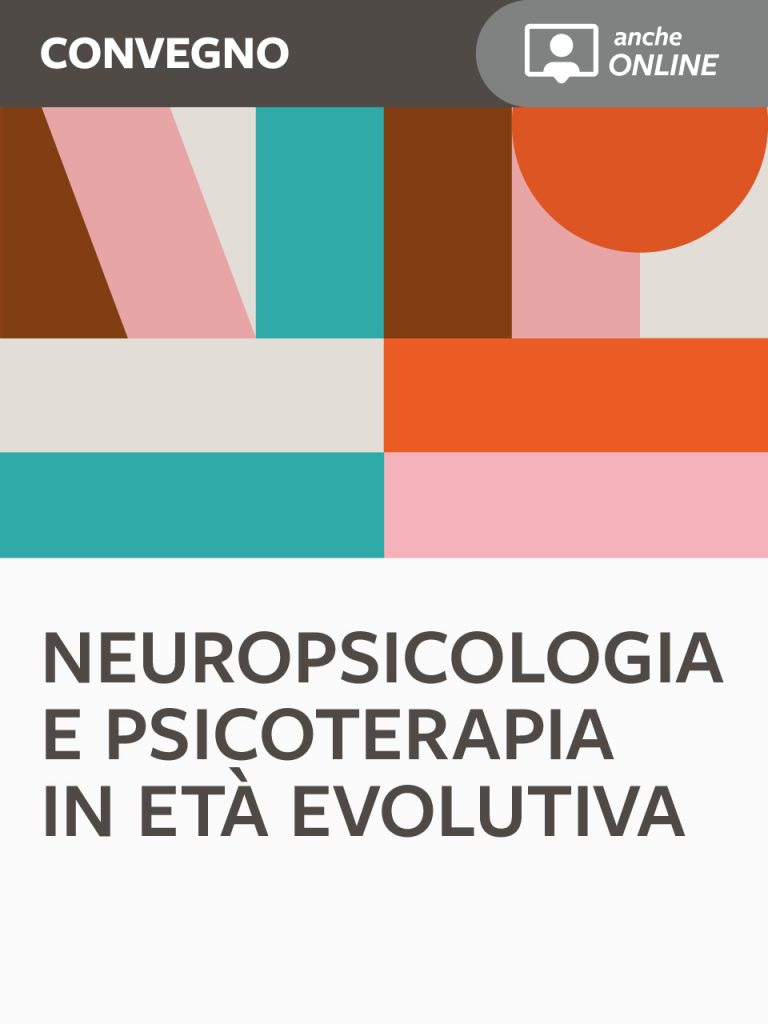Choosing Augmentative and Alternative Communication (AAC) supports for people with Primary Progressive Aphasia
Cristina Flosi
Primary Progressive Aphasia is a neurodegenerative syndrome where language deficits are the insidious primary presenting symptoms. These deficits worsen over time as the disease spreads to non-language areas in the brain and affects other cognitive and behavioural functions, with severe limitations of communication and participation in activities of daily living (ADLs). As the disease progresses, speech therapies focused on language ability become ineffective, so it is very important to find, with partners, alternative ways of maximising communication ability to facilitate participation in ADLs. Currently, the research goal is to determine more effective supports and to integrate these throughout the course of the disease. This article aims to consider the options useful for rehabilitation through a reflective analysis of recent literature and the presentation of tools, strategies and ACC frameworks.
Keywords
Primary Progressive Aphasia, Augmentative and Alternative Communication, Rehabilitation, Supports.

